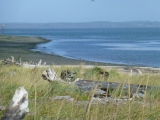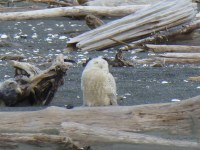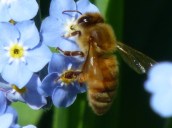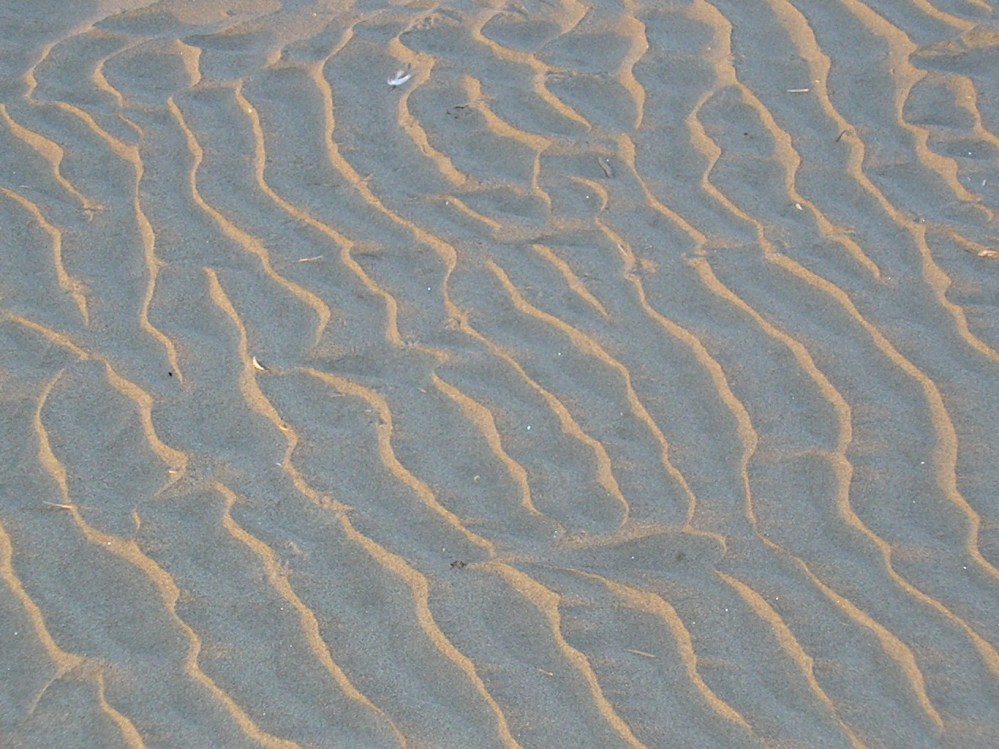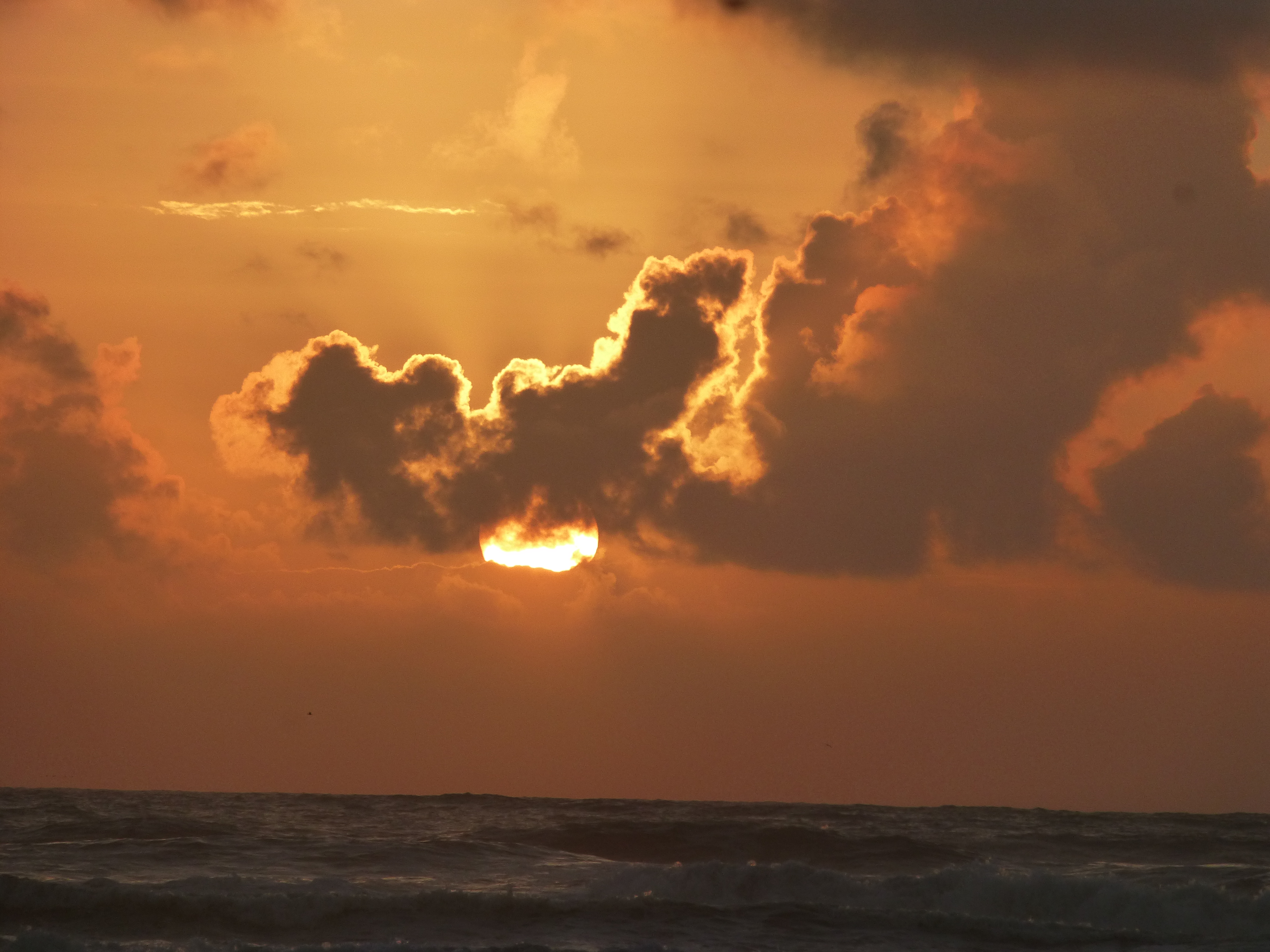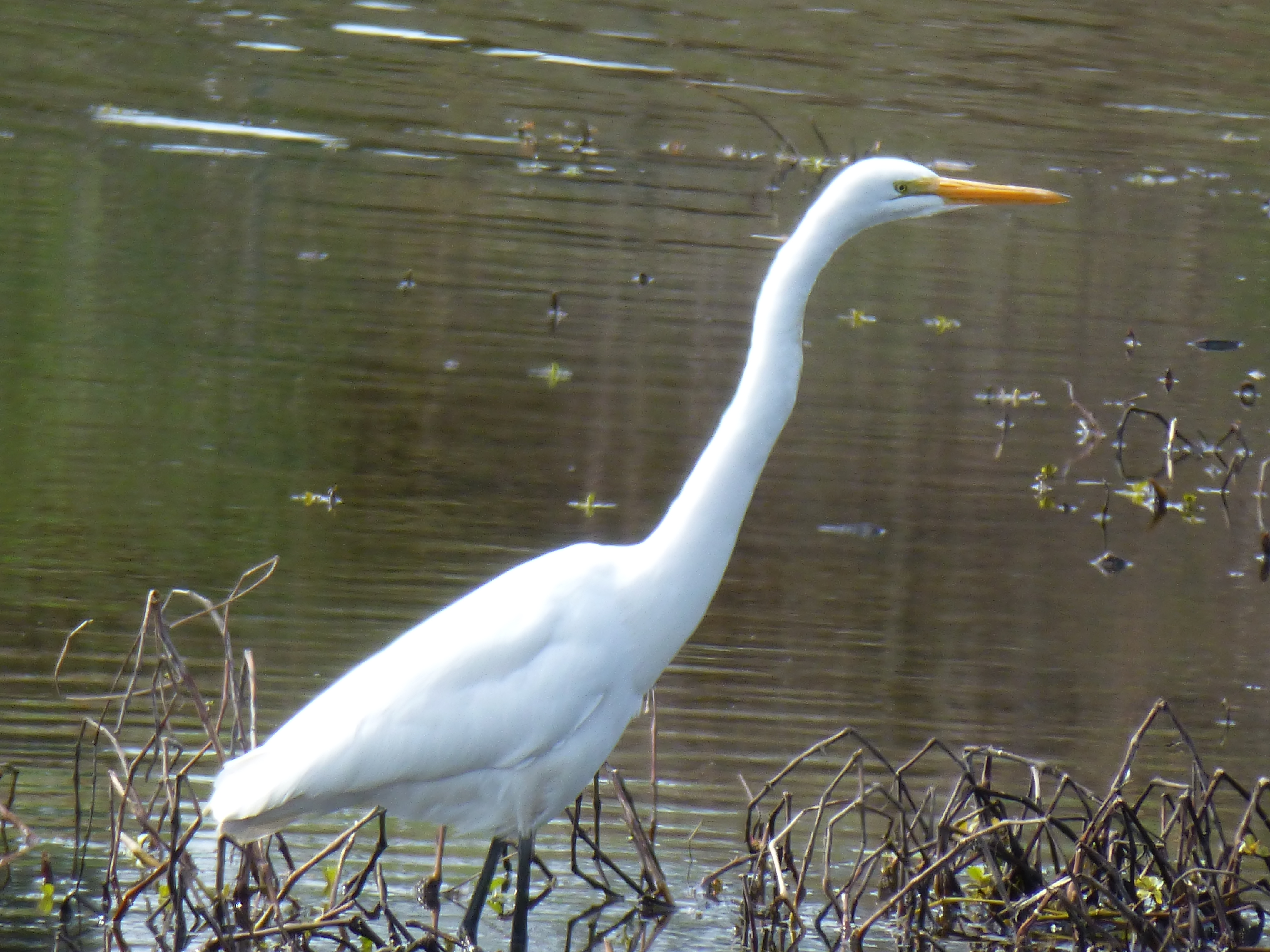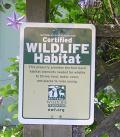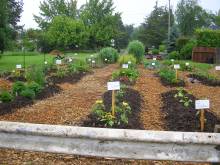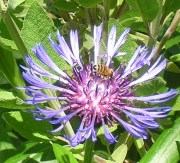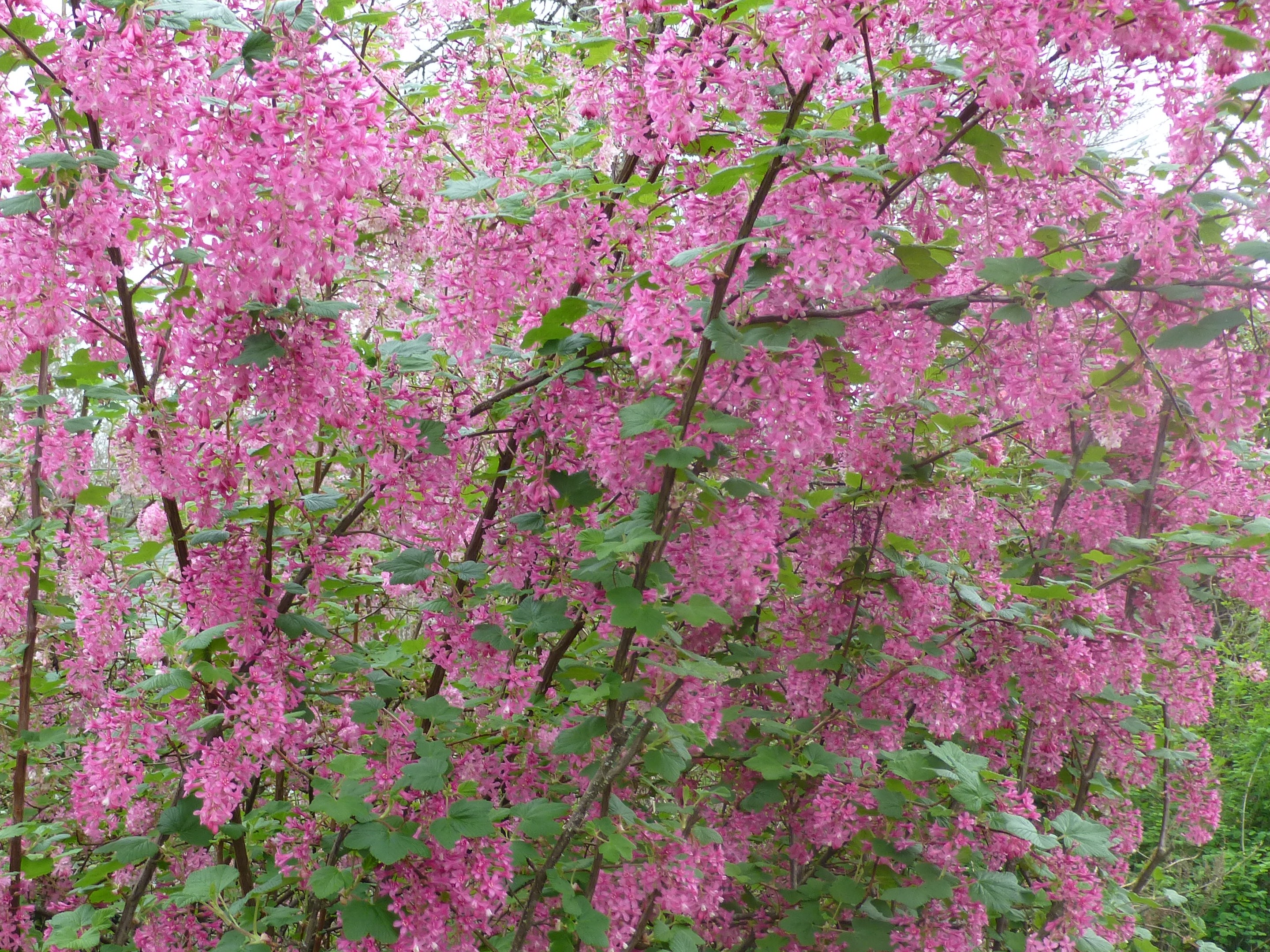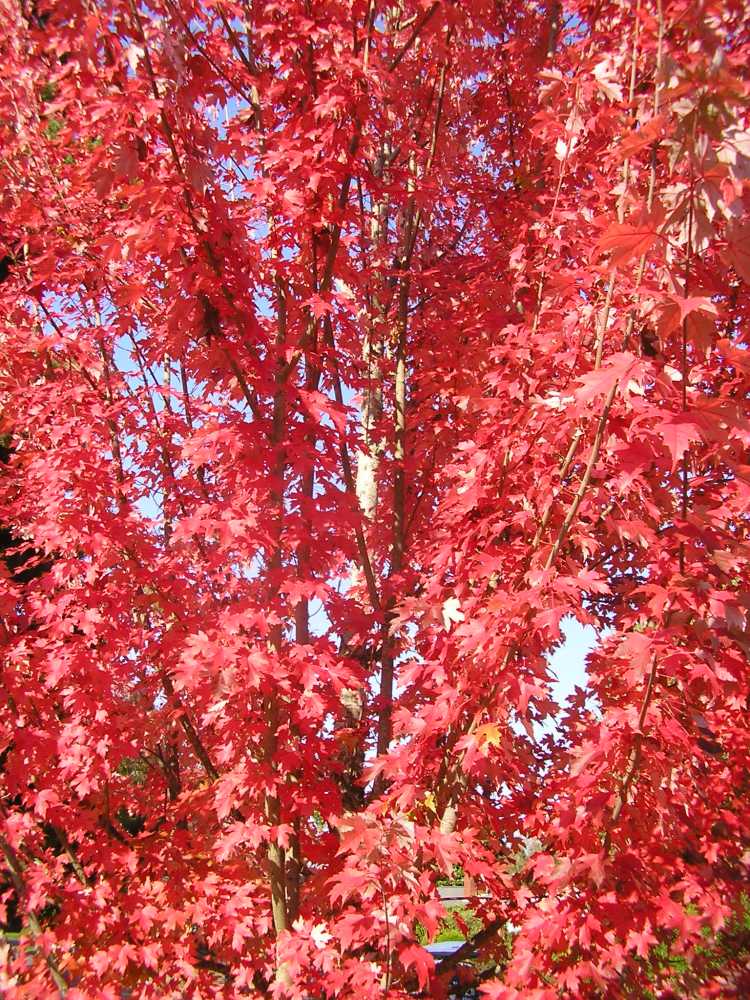11,000 years ago the country where modern Iran is today was a “paradise”, according to the archeologists currently investigating the world’s oldest Stonehenge-type religious site there. This site is thousands of years older than the famed one in the British Isles. In the most recent issue of the Smithsonian, archeologists speculate that the landscape filled with lakes and leaping gazelles amidst fields of wild grain so inspired its human inhabitants that they raised this religious tribute to its ineffable beauty. The carved stones there include images of vultures that traditional mythology tells us carried off the souls of the dead to heaven. A splendid heaven it must have been, scattering light onto the fertile earth below.
Another tribute to the immense forest (remember the biblical cedars of Lebanon?) on this land remains on tablets of stone that tell the tale of Gilgamesh. This ancient king of Uruk has more power over other humans than he knows what to do with–and dangerous arrogance with respect both to his subjects and to the natural world.
The moving poem of joy to this forest on these stone tablets sits amidst the chronicle of the forest’s destruction by Gilgamesh. After he “conquered” that forest and its guardian spirit, things didn’t go well for this king and his wild-man companion (and only equal among men) Enkidu. Enkidu died shortly thereafter– after all, what is there for a wild man when the wilds are gone?
Gilgamesh defeated the forest and its guardian, but he ended his life in desperation. He had immense logs brought from the sacred forest to raise the mighty gates of Uruk where he ruled. But his heroic escapades did not save him from coming face to face with his own death in the cycle of nature.
The land he deforested as a heroic adventure has fared no better in actual history. The people of Uruk constructed elaborate irrigation canals which resulted in the salination of the water table. And their once-paradise became a desert. But for their stone homage to a land now gone dry, the people themselves have disappeared. Even their language has not been passed on. It is unrelated to any other language in the world, ancient or modern.
Bearing some resemblance to the paradise Gilgamesh came upon in the sacred forest, George Yount’s 1833 description of the Napa Valley went like this:
“It was more than anything a wide and extended lawn, exuberant in wild oats and the place for wild beasts to lie down in. The deer, antelope, and the noble elk held quiet and undisturbed possession of all that wide domain. The above-named animals were numerous beyond all parallel, and herds of many hundred, they might be met so tame that they would hardly move to open the way for the traveler to pass. They were seen lying or grazing in immense herds on the sunny side of every hill, and their young like lambs frolicking in all directions. The wild geese and every species of water fowl darkened the surface of every bay and firth, and upon the land in flocks of millions they wandered in quest of insects and cropping the wild oats which grew there in the richest abundance. When disturbed, they arose to fly. The sound of their wings was like that of distant thunder. The rivers were literally crowded with salmon. It was a land of plenty and such a climate as no other land can boast of.”
In 1850, Thomas Mayfield’s description of the San Joaquin Valley includes these words:
“As we passed below the hills, the whole plain was covered with great patches of rose, yellow, scarlet, orange and blue… some of the patches of one color were a mile or more across… Several times we stopped to pick the different kinds of flowers and soon we had our horses and packs decorated with masses of all colors.”
I like to imagine this moment, when a family of pioneers on their way to the California gold fields (as they were) were stopped in their tracks by the loveliness of the land. Can you imagine these pioneers so stunned by natural beauty they stopped the incessant journeying that caused the peoples of Oregon to term them the “moving people”–and covered themselves with flowers?
Something of the land stayed with this family. Mayfield, a child at the time, was adopted by the local peoples after his mother died and his father went on to the gold fields. The Indians raised Mayfield with love–and passed on their own love for the land to him as well.
But the land and people that nurtured him into manhood have not fared so well. If the Choinumni people fed the Mayfield family so that they would not hunt with their firearms and scare the game, their tribe is tiny and fighting hard for federal recognition. And the land they once cared for is no longer a place to accommodate herds of wild game. It has been plowed into vast irrigated fields for the mono-crops of industrialized agriculture. These fields today are becoming salinated in the same way as the fields of the ancient Middle East. Further, in some areas of the Central California Valley, chemical fertilizers and pesticides have had such a profound effect on the land that nothing will grow on its own. This land, that is, is biologically dead.
Taking down the forests is more than a matter of axes and saws or modern chainsaws, as the tale of Enkidu and Gilgamesh tells us. when we attack the spirit of the forest something vast in the potential legacy of human community dies with it. In the same way, remaking the land for industrial farming is more than a matter of plows and dams. These things are matters intertwined with the human soul. And something of “paradise” is lost when we change the land beyond its ability to care to revive itself and nurture wild things.
Clear cutting and industrial farming are not new things on the human horizon. As the tale of Gilgamesh indicates, humans have for thousands of years wrestled with the idea of taking down a forest–and they have not always won the struggle of conscience involved. The tale of Gilgamesh is a cautionary tale in this respect. as are the journals of Thomas Mayfield.
And so is the salt-laden biologically dead farmland of the Central California Valley waiting to be reclaimed by a species of human care like that which the Choinumni once exercised.
Filed under: Environmental ethics, environmental philosophy, Environmental psychology, Folklore and Oral Tradition, Forest and farm, Indigenous links, Land use, Middle East, Northwest History and Culture, Our Earth and Ourselves, worldviews | Tagged: Environmental lessons in folklore, Gilgamesh, sustainability | 113 Comments »



